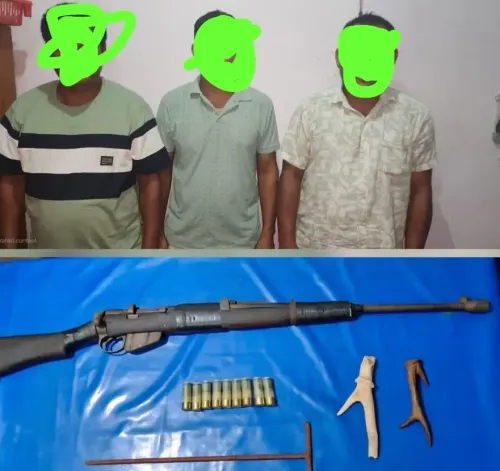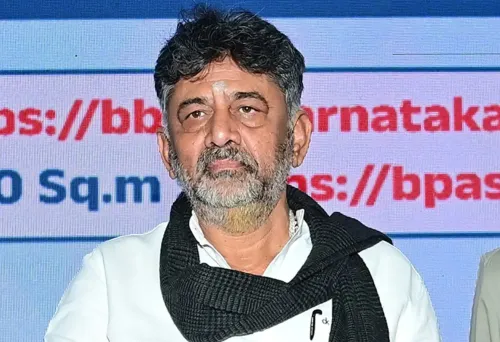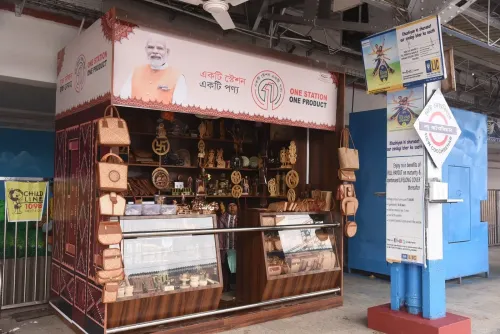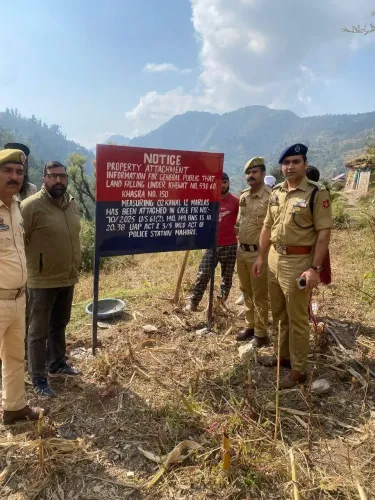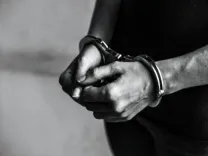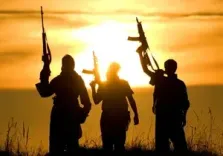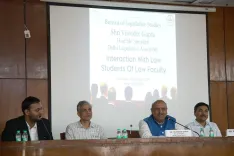Are the Originators of Saffron Terrorism Disgraced? Sadhvi Pragya Reacts After Acquittal in Malegaon Blast Case
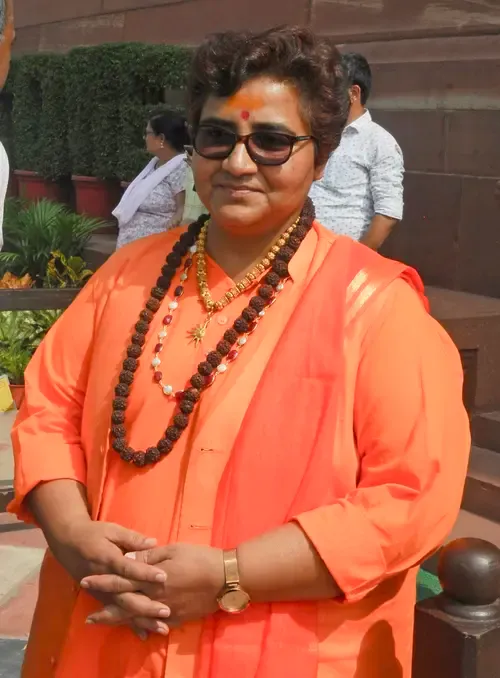
Synopsis
Key Takeaways
- Sadhvi Pragya's acquittal marks a significant moment in the ongoing discussions around 'saffron terrorism.'
- The verdict underscores the challenges faced by the prosecution in high-profile terrorism cases.
- The case's history reflects broader political tensions and allegations of political interference.
- The acquittal raises questions about justice and accountability.
- Public discourse is likely to evolve in the aftermath of this ruling.
New Delhi, Aug 2 (NationPress) In her initial comments following the acquittal of all seven defendants in the 2008 Malegaon Blast case, where 6 individuals lost their lives and over 100 were injured, BJP MP Sadhvi Pragya Singh Thakur, who was among the accused, asserted that the Congress, along with other non-believers, have been disgraced as the originators of the 'saffron terrorism' label.
In a post on social media platform X, she stated: "The Congress and all other non-believers, who initiated the 'saffron terrorism' and 'Hindu terrorism' narratives, have faced disgrace. The victory of saffron, Hindutva, and Sanatan signifies the triumph of all Sanatanis and patriots; heartfelt congratulations.... Jai Hindu Rashtra, Jai Shri Ram..."
Nearly 17 years after a catastrophic explosion shook Malegaon in Maharashtra, a special NIA court in Mumbai acquitted all seven defendants on Thursday, citing insufficient evidence. This ruling signifies the closure of a high-profile case that had become a focal point in discussions surrounding alleged "saffron terror."
The devastating blast occurred on the night of September 29, 2008, near Bhikku Chowk in Malegaon, a town sensitive to communal tensions, situated approximately 200 kilometers from Mumbai. The attack, which happened during the sacred month of Ramzan, resulted in the deaths of 6 individuals and injuries to more than 100 others.
In the ruling, Special Judge A.K. Lahoti indicated that while the prosecution confirmed the occurrence of the bomb blast, it failed to establish that the explosive device was linked to the motorcycle purportedly owned by Sadhvi Pragya. The judge emphasized that the illegible engine number and the erased chassis number considerably weakened the prosecution's argument.
The seven accused, including Sadhvi Pragya, faced charges under various sections of the Unlawful Activities (Prevention) Act (UAPA) and the Indian Penal Code (IPC), encompassing charges of criminal conspiracy, murder, attempted murder, promoting enmity between groups, and causing hurt intentionally.
The initial investigation was conducted by the Maharashtra Anti-Terrorism Squad (ATS) before being transferred to the National Investigation Agency (NIA) in 2011.
The case has been fraught with controversy over the years, with accusations of political meddling and evolving narratives.
Sadhvi Pragya was apprehended in 2008 and granted bail in 2017. She has consistently asserted her innocence, claiming she was wrongfully implicated due to political motivations.

